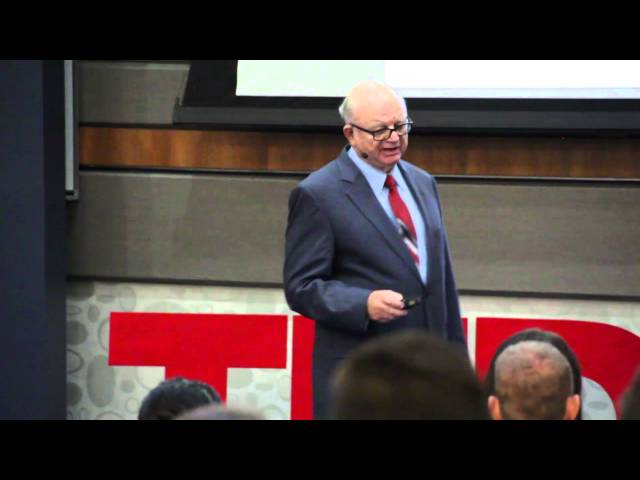Gepinnte Beiträge
-
Beitrag wurde veröffentlicht, er ist jetzt im Stream sichtbar.
-
Beitrag wurde veröffentlicht, er ist jetzt im Stream sichtbar.
-
Beitrag wurde veröffentlicht, er ist jetzt im Stream sichtbar.
-
Beitrag wurde veröffentlicht, er ist jetzt im Stream sichtbar.
-
Beitrag wurde veröffentlicht, er ist jetzt im Stream sichtbar.
Neueste Aktivitäten
-
Beitrag wartet auf FreischaltungBeitrag wurde veröffentlicht, er ist jetzt im Stream sichtbar.
-
Beitrag wartet auf FreischaltungBeitrag wurde veröffentlicht, er ist jetzt im Stream sichtbar.
-
Beitrag wartet auf FreischaltungBeitrag wurde veröffentlicht, er ist jetzt im Stream sichtbar.
-
Beitrag wurde veröffentlicht, er ist jetzt im Stream sichtbar.
-
Beitrag wurde veröffentlicht, er ist jetzt im Stream sichtbar.
-
Beitrag wurde veröffentlicht, er ist jetzt im Stream sichtbar.
-
Beitrag wartet auf FreischaltungBeitrag wurde veröffentlicht, er ist jetzt im Stream sichtbar.
-
Beitrag wartet auf FreischaltungBeitrag wurde veröffentlicht, er ist jetzt im Stream sichtbar.
-
Beitrag wartet auf FreischaltungBeitrag wurde veröffentlicht, er ist jetzt im Stream sichtbar.
-
Beitrag wartet auf FreischaltungBeitrag wurde veröffentlicht, er ist jetzt im Stream sichtbar.
Noch keine Aktivität vorhanden.



